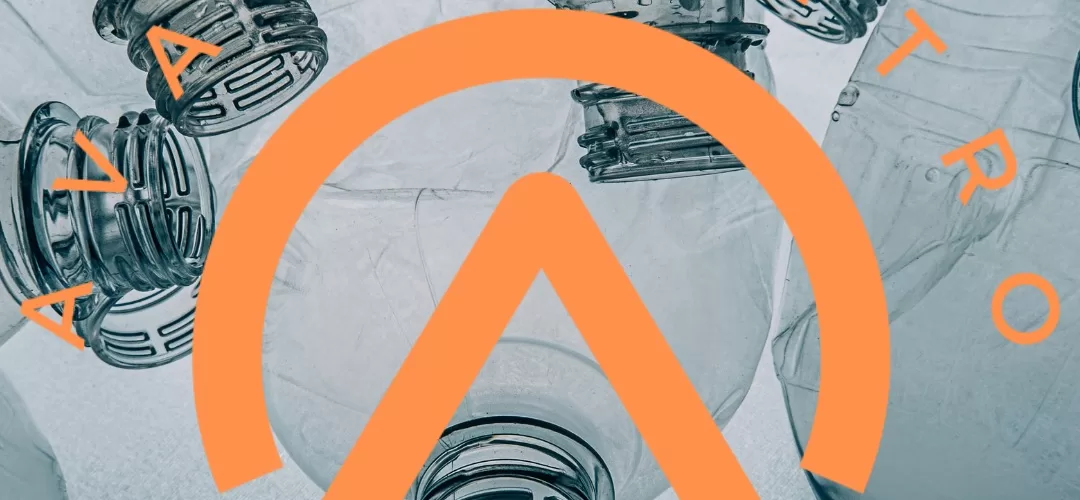The Most Widely Used Plastics Today
- Introduction to Plastics in the Modern World
Plastics have become an integral part of our daily lives, revolutionizing various industries and transforming the way we manufacture products. Their versatility, durability, and cost-effectiveness have positioned plastics as one of the most widely used materials globally. In this comprehensive guide, we delve into the diverse types of plastics dominating the contemporary landscape and their widespread applications.
- Understanding the Classification of Plastics
- Polyethylene Terephthalate (PET)
PET, recognized for its clarity, strength, and recyclability, stands out as one of the most prevalent plastics. It finds extensive use in beverage bottles, food packaging, and synthetic fibers for textiles.
- High-Density Polyethylene (HDPE)
HDPE, known for its robustness and resistance to chemicals, is commonly employed in various containers for household chemicals, milk jugs, and pipes for water supply.
- Polyvinyl Chloride (PVC)
PVC boasts adaptability, making it suitable for diverse applications such as plumbing pipes, window frames, flooring, and medical devices due to its excellent chemical resistance.
- Low-Density Polyethylene (LDPE)
LDPE, characterized by its flexibility and moisture resistance, finds its utility in plastic bags, six-pack rings, and coatings for paper milk cartons.
- Polypropylene (PP)
PP offers high heat resistance and exceptional durability, contributing to its use in automotive components, packaging, and textiles.
- Polystyrene (PS)
PS, valued for its insulating properties and lightweight nature, is widely employed in foodservice packaging, disposable cups, and insulation.
- Advancements in Biodegradable Plastics
In recent years, the environmental impact of traditional plastics has led to the development of biodegradable plastics. These innovative materials aim to mitigate the ecological footprint caused by non-biodegradable plastics by breaking down naturally over time. Materials like PHA (polyhydroxyalkanoates) and PLA (polylactic acid) have gained traction due to their biodegradability and potential to reduce environmental harm.
- Applications and Industries Influenced by Plastics
- Automotive Industry
Plastics have revolutionized the automotive sector, offering lightweight solutions, enhancing fuel efficiency, and providing design flexibility. Components such as bumpers, dashboards, and interior trims predominantly feature polypropylene and ABS (acrylonitrile butadiene styrene) plastics.
- Healthcare Sector
Medical advancements heavily rely on plastics for their sterilization capabilities and cost-effectiveness. PVC plays a vital role in medical equipment, including IV tubes, blood bags, and medical packaging.
- Packaging Industry
The packaging industry extensively utilizes plastics due to their versatility and cost-efficiency. From food packaging (PET and LDPE) to protective materials for shipping (HDPE), plastics dominate this sector.
- Construction and Building Materials
Plastics contribute significantly to the construction industry through durable materials like PVC pipes, insulation (PS), and weather-resistant components.
- The Future Outlook of Plastics
As technological advancements progress, ongoing research aims to develop sustainable alternatives to conventional plastics. Innovations in bioplastics and recycled plastics signify a shift towards a circular economy, reducing dependency on finite resources and minimizing environmental impact.
- Conclusion
The extensive use of plastics in various sectors highlights their indispensable role in modern society. The diverse range of plastics, coupled with ongoing advancements in sustainable alternatives, continues to shape industries, economies, and daily life.
Written by Emir Narin

